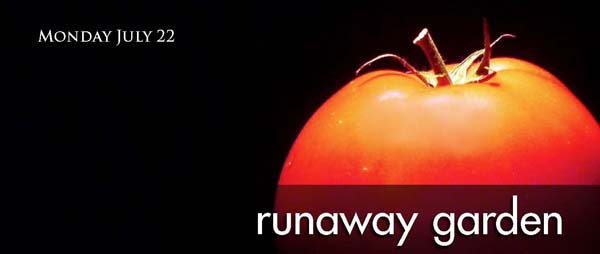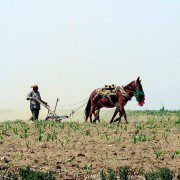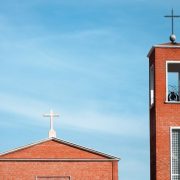ODJ: runaway garden
July 22, 2013
READ: Isaiah 51:1-3
[Israel’s] desert will blossom like Eden (v.3).
Last summer I tried to grow tomatoes (yet again). Ibought heirloom starter vines and a wooden troughplanter. I talked to farmer friends about best practices and even concocted an organic fertiliser mixture that was supposed to make my plants flourish. The growing season ended, however, and I had plucked a grand total of one tomato—a scraggly, little fellow, slightly larger than a golf ball.
A garden must also be purposefully landscaped, carved out of the earth with attention and care. Isaiah told Israel: “Consider the rock from which you were cut, the quarry from which you were mined” (51:1). I have gardening neighbours who must know some of the joy that God experienced, bringing a beautiful garden to life.
When Isaiah spoke of a garden, he described a lush landscape overflowing with beauty and bounty. This garden is Israel, God’s chosen people. A garden was the first place God met with the humans He created, and the fertile garden continued as a guiding image for the world and the people God loved (Genesis 1-2).
Sadly, Israel ran from God, and the result was that their garden was in disrepair. But the prophet promised that the “Lord [would] comfort Israel again and have pity on her ruins” (Isaiah 51:3).
God didn’t abandon His garden—His people. For He doesn’t abandon His promises. When God’s work on this earth is done, the parched desert earth will again yield the lush fruit and the potent fragrance of Eden. When the Master Gardener finishes His work, Israel’s “barren wilderness [will be] like the garden of the Lord” (v.3).
God longs for the entire world to be His garden. One day, it will be.
—Winn Collier
Read Psalm 1. What garden and farming imagery do you find in it? What does this tellus about God’s workon our behalf?
How has the garden of your life become barren or dry? In what ways is God helping to make it blossom?









